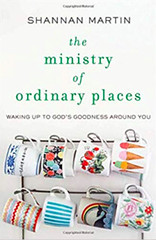Shannan Martin believes every crumb of ministry begins with attentiveness. When her family moved from their cozy farm to a low-income neighborhood in the city, she knew her lens for beauty and belonging was going to have to change, and it did. Before long, her eye was drawn to crumbling things, flowers poking their hopeful faces through chain-link fencing, neighbors who lived grueling lives and loved her well. Shannan knows the everyday power of suffering and celebrating together, of taking turns being the needy one, and of leaving the front door easy on its hinges. The Ministry of Ordinary Places is an invitation to live as though there is no separation between ministry and ordinary life, committing to our place and our neighbors for the long haul. In a world that tries to crush us with complication and overwhelm, Shannan points us to the simple truth – in learning to be with people as Jesus was, we’ll discover the abundant life. It’s a grace to welcome Shannan to the farm’s front porch today…
“I would totally do it if I had the chance.”
These were the words that tumbled from my mouth when my adult son, Robert, mentioned the parenting class he had been court-ordered to attend on the heels of an entanglement with the law.
I was trying to be encouraging. The learning curve had been sharp in the years since he had come into our family after a lifetime of struggle and trauma.
After his short time in prison, my eyes were opened to the overwhelming list of requirements heaped onto men and women ready to start fresh. My quippy response was meant to support him along the hard road ahead. Nothing more.
But a month later, I got this text from Robert. “Hey mom. I got us signed up for our parenting class. It starts next Tuesday.” (Insert record scratch.) And this is how I accidentally signed up for a ten-week, court-ordered parenting class with my twenty-two-year-old son.
We signed on all the lines, paid our dues, and spent the next ten Tuesdays eating beans and hot dogs, making homemade play dough and paper-bag puppets, reading children’s books together, playing Chutes and Ladders, and attending a carnival.
After dinner, the adults filed into a classroom where we sat together week after week receiving instruction, watching cheesy videos set in the eighties, completing old-school worksheets, and humbling ourselves in necessary ways.
Going in, my hackles were raised. I remembered how embarrassed and defensive I had felt fifteen years ago when I’d had to sit through an all-day driving school after one too many traffic tickets.
This was on a whole new level.
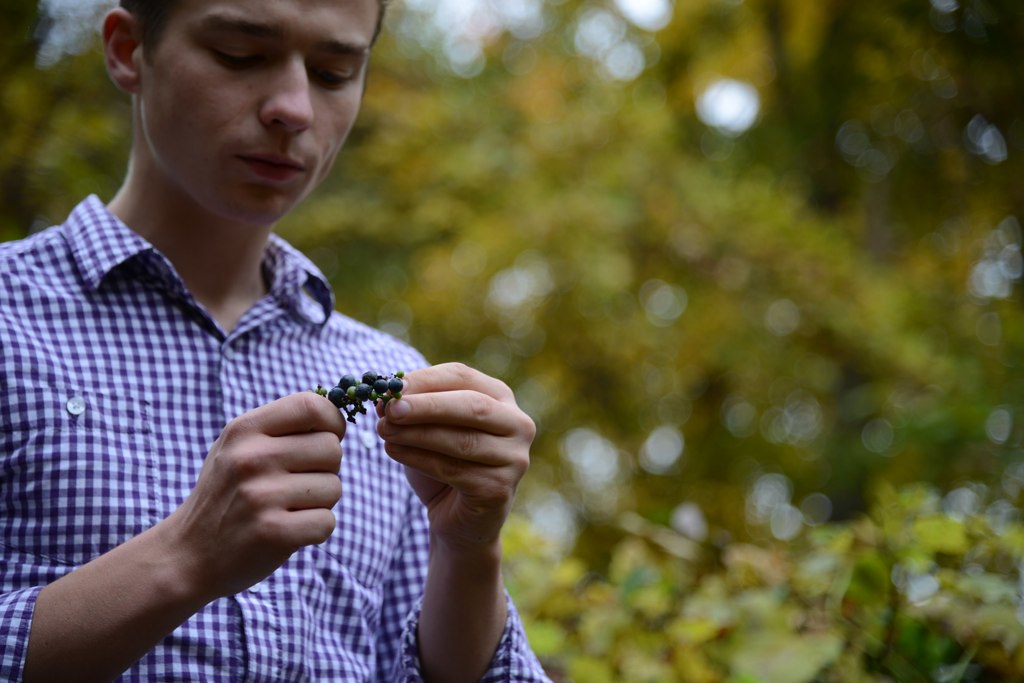

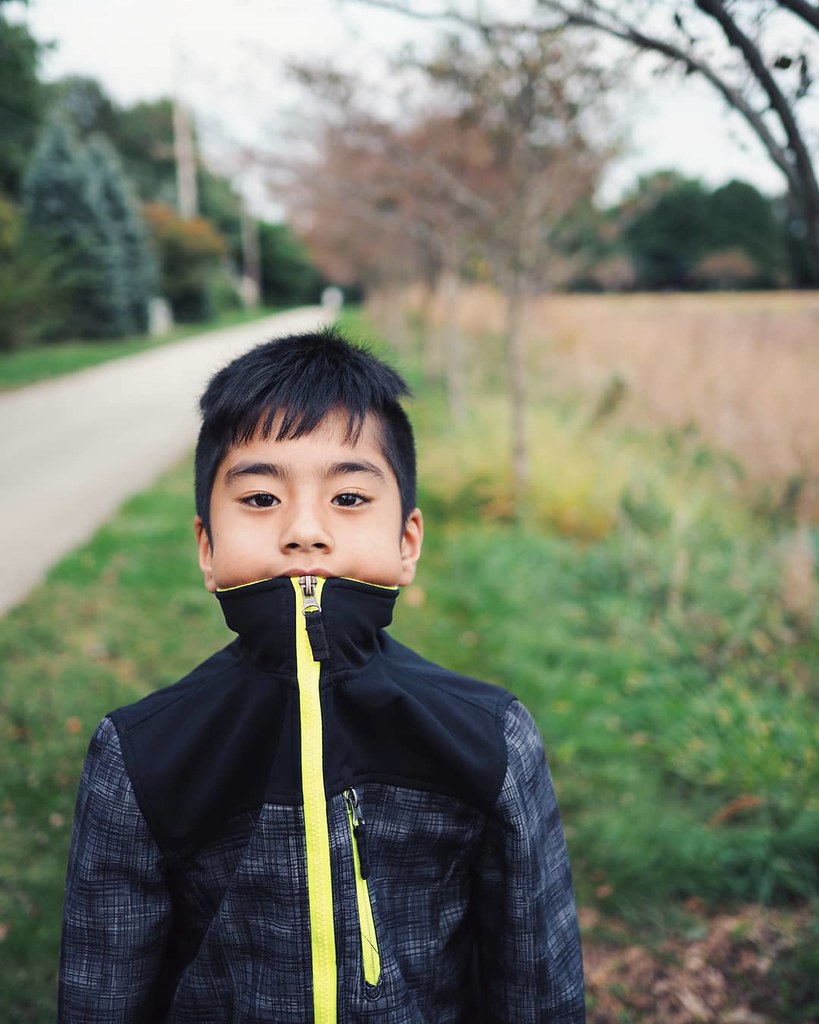
Cory Martin @jailchap
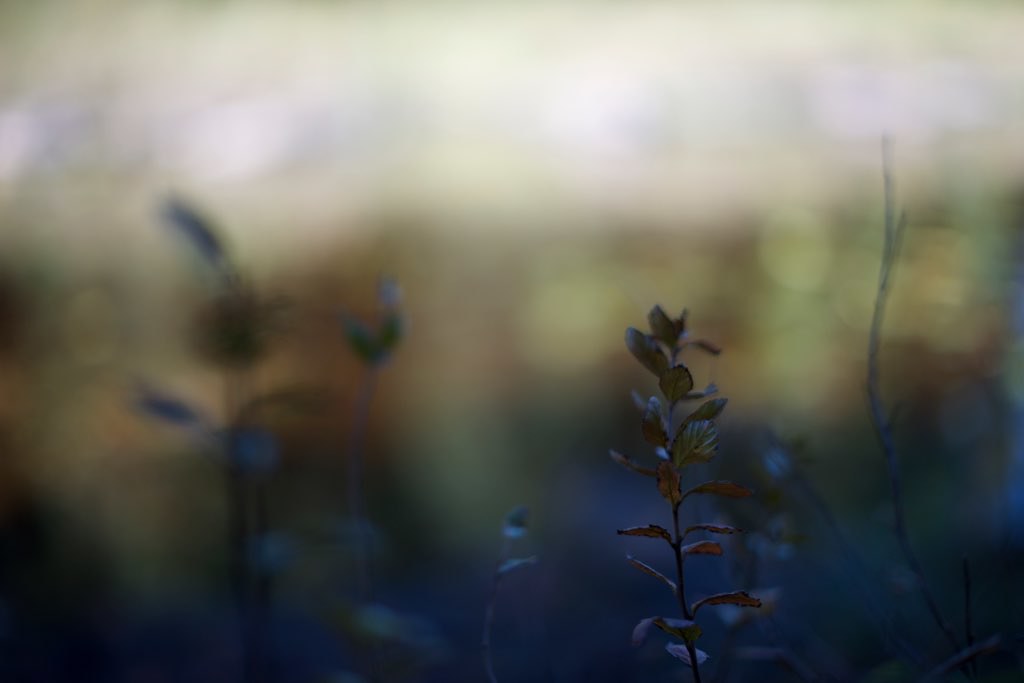
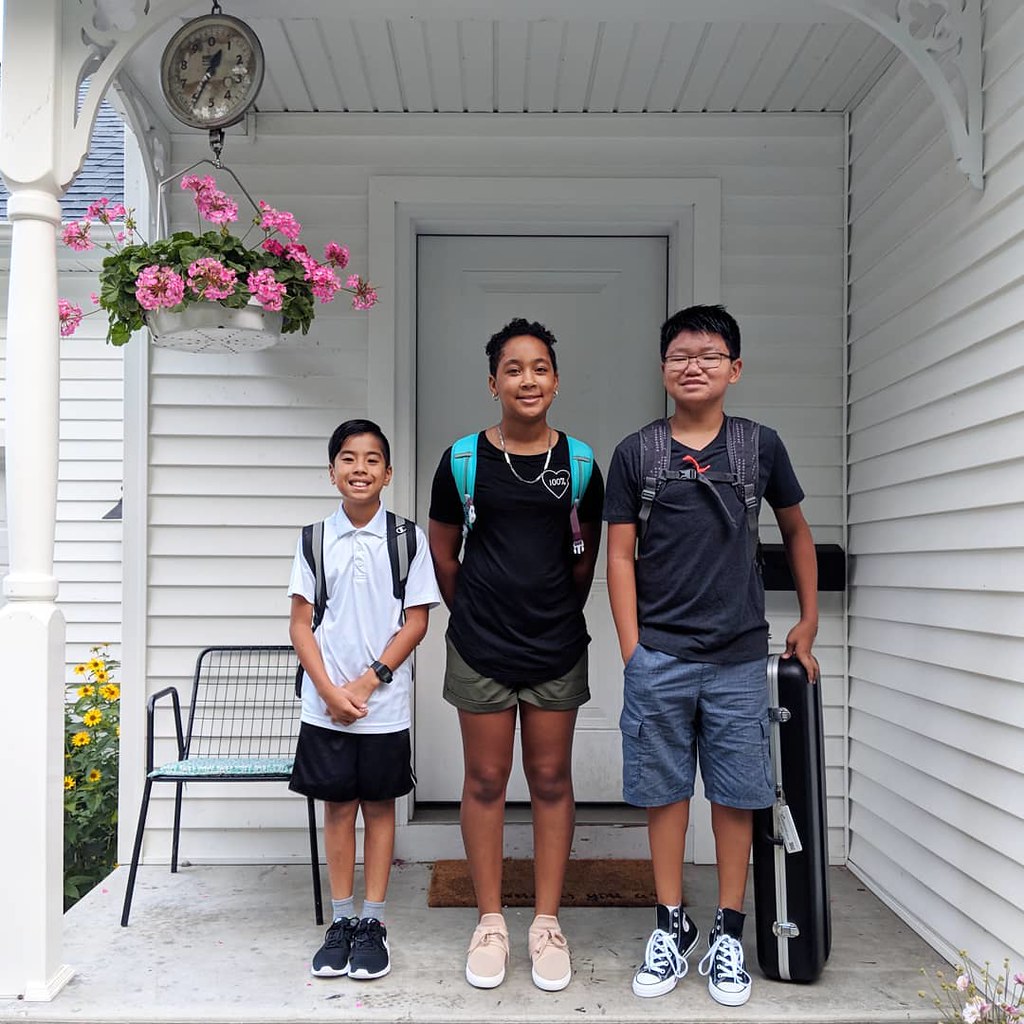
Shannan Martin
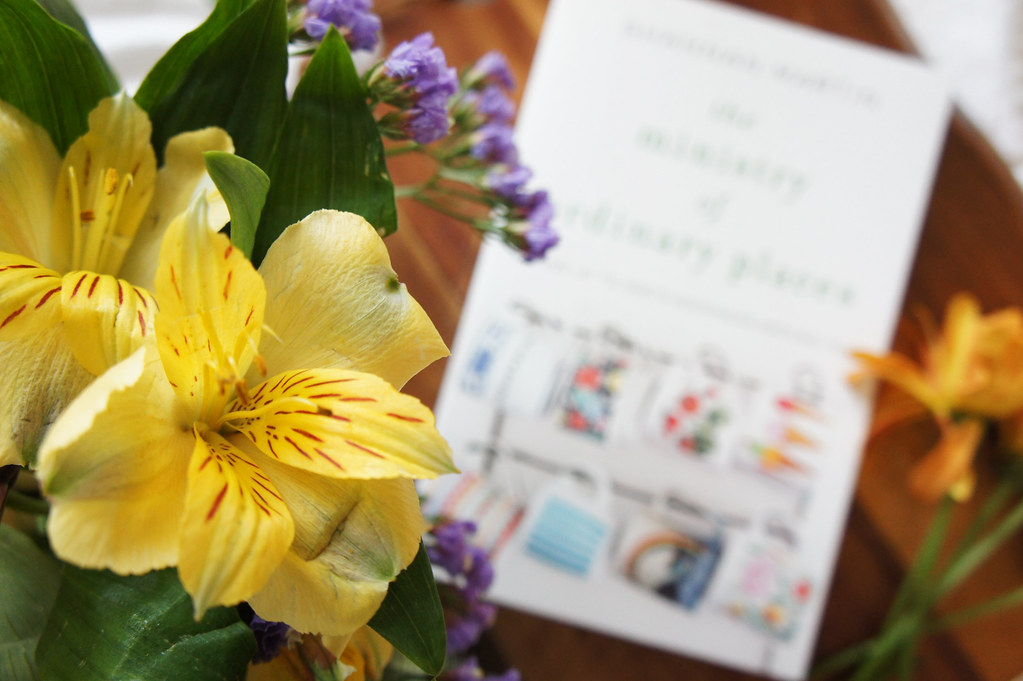

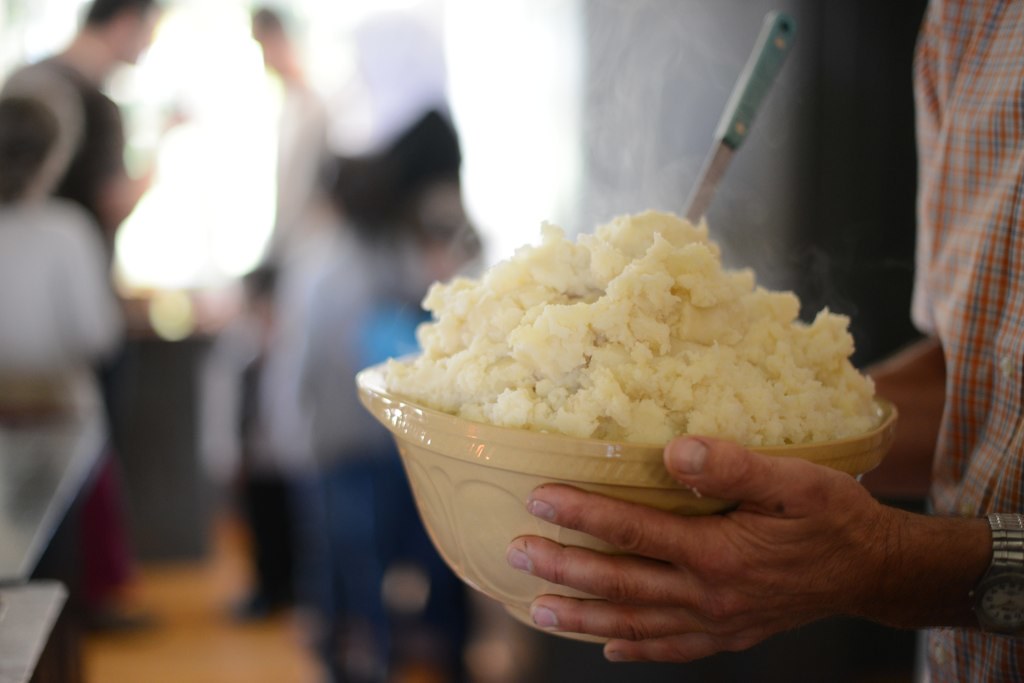

Shannan Martin
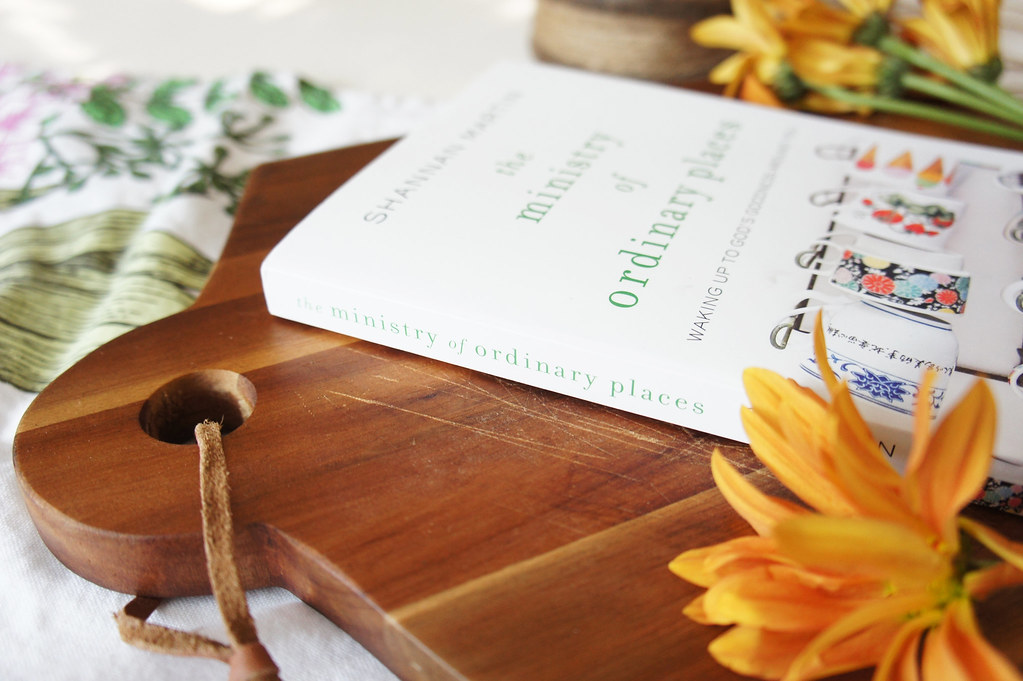



Most of our group had been deemed by the courts as people who were struggling with parenting.
I could only imagine how that felt. So I’d prepared myself ahead of time to be outraged over the insensitivity of the instructors or the condescending atmosphere.
I even planned to take notes in a small notebook and was ready to bang out an emotional exposé if the situation warranted it.
What I found instead was the surprise of true community, richly diverse and utterly unfussy. It didn’t take long to discover who was shy, who was loud (I’m looking at you, Robert), who was combative, who was timid.
Some stayed pretty checked out. Others of us began dropping small facts about our lives, our stories, and the kids we were raising.
A young woman, exuberant without exception, came to class one evening with her thick, black hair twisted into an elaborate crown atop her head, Dum Dum suckers spaced evenly through the plaits of the braid that held it all in place. She was a charming, comedic Statue of Liberty there in our midst. When a classmate answered a question correctly, she would reach up, remove a sucker from her crown, and toss it to him or her. In the unexpected parade of court-appointed parenting classes, she was our clown and our resident Kiwanian rolled into one, throwing good will around by the fistful.
My assumptions were destroyed as we sat together each week, students of parenting and life.
There was no discussion of the mistakes that had led us there, just the prevailing sense that we were all in it together.
What drew us near was a central force, a shared thread. We were parents with room to grow.
As the world gets more confusing and trickier to navigate, my role as a mom rockets up the chart of significance.
And before I say another word let me be perfectly clear—all women are mothers.
We are life-givers, each of us, in ways both wild and vast.
Our title as mother isn’t defined by biology or science. It can’t be measured in centimeters or the arc of a curve.
Mothering is the thing all women do, with the small and big kids under our care, the neighbor boys up the street, our students, our grown nieces, the children we can only hold in our hearts, and the ones we don’t even know yet to hope for. What I’m trying to say is that none of us is off the hook here.
Humanity is crying out to be nurtured.
There are dozens of opportunities to do this during any given week, or even daily.
It doesn’t matter where you live, what you look like, how similar or different you feel from those around you.
It doesn’t matter if you work outside or inside the home, or whether you’re in government housing or on a cattle ranch in Oklahoma.
The question is, as always, are we paying attention?
Have we made ourselves available?
The way we spend our love is the way we spend our lives. Do we care enough to love those around us as though we really belong to each other? And can we dare to believe these small gestures of specific care and well-timed warmth are enough to alter the path of mankind?
Mother Teresa famously said, “If you want to bring happiness to the whole world, go home and love your family.” We gobble up her words, plastering them on signs and hand-lettering them onto notecards. We love them because they are beautiful. And profoundly true.
But let’s not forget, this is the same Mother Teresa who reminded us to “draw a wider circle” around who we consider family. Seen under the light of that truth, new meaning emerges.
If we want our world to be better, we have to go out and love the people around us. We need to invite them in, as family.
Beginning to live as though there’s no such thing as other people’s children might be our most critical, significant contribution to the flourishing of our world.
Simply believing this, however, is not enough, and sympathy without action is no more than wasted breath. Mothering is often physical, gut-wrenching work.
What do we believe our kids are owed? To what ends would we go to offer them protection, support, and love?
Just this week, I have lost sleep over the heartache of one of my kids. I’ve sent e-mails, searched for outside support, indulged a few unhealthy fantasies involving the vigilante justice of a forty-one-year-old mama with a few bones to pick, and, oh, how I have prayed.
I love my kids. There’s not much I wouldn’t do to make sure their needs are met.
The dreams we have for our children—to know community and freedom, to grow in truth, to be safe and loved—must be available to all.
We are lion-hearted mamas, every one of us, made to roar for the kiddos most closely within our reach.
In the span of God’s wide and rowdy family, we all belong to one another and there is no such thing as other people’s children.
Take a look around. Find someone to nurture.
This is how we’ll rise.
Shannan Martin, is a speaker and writer who found her voice in the country and her story in the city. Shannan, her jail-chaplain husband, Cory, and their kids, live as grateful neighborsin Goshen, Indiana. Her previous book, Falling Free: Rescued from the Life I Always Wanted, charts her family’s pilgrimage to neighborhood living, away from the self-focused wisdom of the world and toward the topsy-turvy life of God’s more being found in less.In her newest release, The Ministry of Ordinary Places: Waking Up to God’s Goodness Around You, Shannan dives into the believe that the welfare of our neighbors really does determine our own (Jeremiah 29:7) With transparency, humor, heart-tugging storytelling, and more than a little personal confession, she shows us that no matter where we live or how much we have, as we learn what it is to be with people as Jesus was, we’ll find our very lives.
[ Our humble thanks to Thomas Nelson for their partnership in today’s devotion ]

